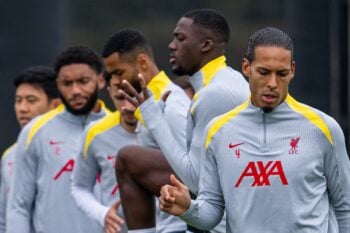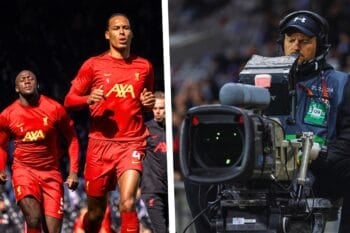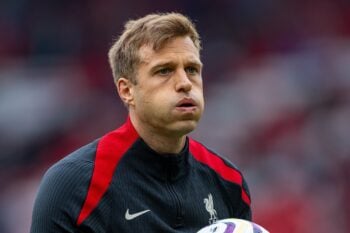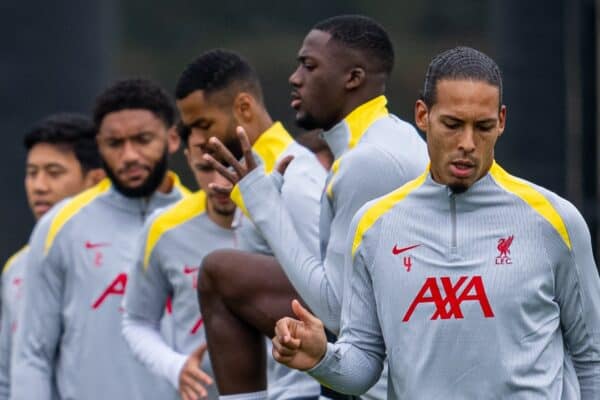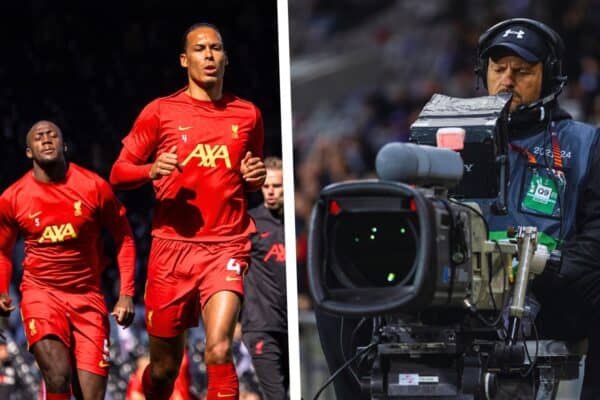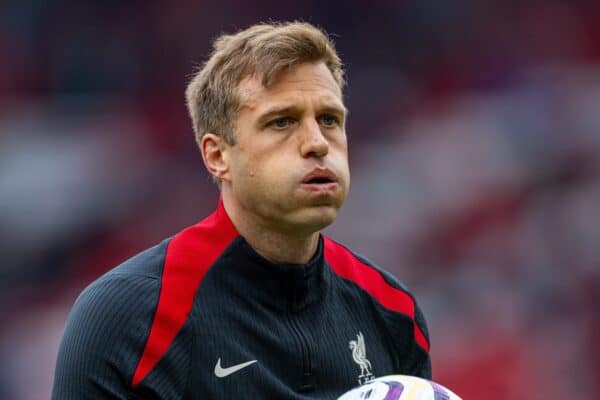Ever since Rafa Benitez arrived on Merseyside two summers ago heralding the arrival of the so-called Spanish Armada, it seems he more than any other manager in the Premiership has been accused of failing to keep his club English. An article in The Observer on July 30 was only too quick to suggest that Anfield is packed to the brim with players who cannot speak anything but the manager`s native tongue. Never mind the fact that Jose Mourinho has bought just one frontline English-born player in the same period for Chelsea or that should Ashley Cole follow Sol Campbell out of the Emirates Stadium, Arsene Wenger could conceivably include no recognised English-born talent in Arsenal`s matchday 16 (unless Theo Walcott proves he actually is a footballer before the season starts). Even Alex Ferguson -the £18m folly of Michael Carrick notwithstanding – has allowed Manchester United`s famed English heartbeat to slow with the departures of David Beckham, Nicky Butt and Phil Neville. To my mind, Benitez continues to be unfairly attacked on this front as the press leapt swiftly to beat him with a convenient cliche.
In an increasingly multi-national Premiership, it is understandable that managers are looking beyond these shores to find quality at the right price. And there’s no denying that Benitez has signed his share of Spanish players, just as Wenger and Gerard Houllier did with Frenchmen or French-speaking Africans and Mourinho has done with Portuguese talent. Foreign managers are going to revert to what they know best, certainly in the early days of their tenure. It would be a little odd if after recruiting Benitez fans expected him to raid the British transfer market for signings, not least because of the inflated prices he would have been quoted. Nevertheless, the signs are that Benitez, more than any other foreign manager in the Premiership, is learning to love England for the players it can produce. He appears to have cottoned on to the idea that the best way to get an English team to perform is to draft in English-born players of the requisite ability, age and desire. Sven Goran Erikkson had that opportunity for the past five years, yet seemed to want to have them play a slow, stultifying continental style which involved a laboured build-up, gradually increasing frustration and then a reversion to an ugly type with the long ball. And while Benitez can get Liverpool playing – and winning – ugly with a direct approach, there is certainly more to his team’s armoury than that. This, quite clearly, has a lot to do with having the right English players doing their thing.
Next season, there is the possibility that Liverpool could field a side containing no fewer than seven players either born in England or who are English themselves. It would not be unreasonable to suggest that Carson, Jamie Carragher, Stephen Warnock, Jermaine Pennant, Steven Gerrard, Peter Crouch and Robbie Fowler could all line up in the same team. Add to that Craig Bellamy and Steve Finnan, who have spent the bulk of their careers in the English leagues, and there is a concentration of UK-reared talent in the front line at Anfield. And it`s not just for the now. Benitez has recruited vaunted youngsters Paul Anderson and Jack Hobbs, the two leading the charge out of the reserves and pushing for a place among the first-team squad. Buying English also seems to herald the arrival of yet another “boyhood Liverpool fan” and whether this is true or not, it’s rarely something a foreign player cites on arrival. I can only think of Jari Litmanen in recent years who falls into this category.
Liverpool might not have a line-up like that of the 1970s and 80s, where a foreigner was a rarity. The days have gone where managers can expect to win titles with players groomed exclusively in the country they play in. Fans today would be up in arms if the team was made up of 11 Englishmen and Liverpool finished outside the top six. As such, there is no question that Liverpool would be a much poorer team without Xabi Alonso et al. But Benitez is ensuring that his team has an English soul, which is to be applauded for the sake of the club as well as the English game.
Neale Graham

